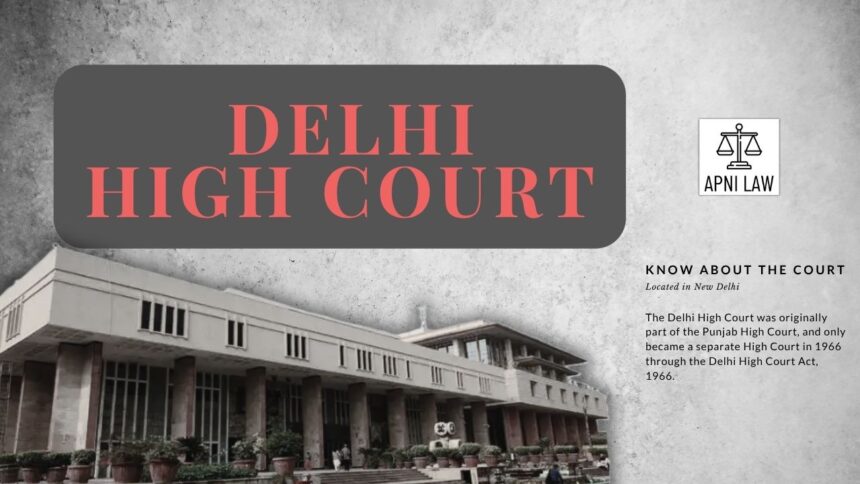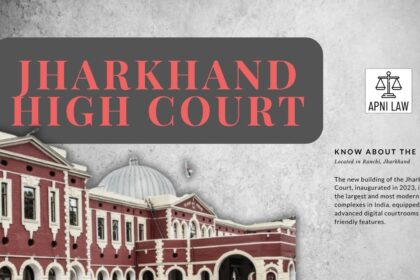Introduction
The Delhi High Court took a strong stand on cruelty in marriage. It found that repeatedly insulting a husband by questioning his legitimacy. Also, she had made derogatory remarks about his mother amounted to mental cruelty. The decision shows the court’s readiness to treat emotional and verbal abuse on par with broader grounds for divorce.
Facts of the Case
In the case titled X v. Y, the husband filed for divorce citing severe mental cruelty. The wife denied the allegations and counter-claimed that she too had faced cruelty. The husband’s case included detailed evidence of text messages sent by the wife on 9 May 2011, 15 May 2011 and 27 June 2011. The messages contained insults such as “bastard”, “son of a bitch”, and suggestions that his mother should “earn through prostitution”. Those communications challenged his legitimacy, attacked his mother’s character and vexed his mental peace. The family court granted the divorce in favour of the husband. The wife appealed to the Delhi High Court. She had been arguing that her acts of abuse were not given weight and asserting counter-cruelty by the husband.
What the Court Says
The Delhi High Court, through a Division Bench of Justices Anil Kshetarpal and Harish Vaidyanathan Shankar, upheld the family court’s decision. It recognised that the wife’s insults and derogatory messages amounted to serious mental cruelty. The court observed that mental cruelty includes “persistent and deliberate verbal abuse and conduct that degrades a spouse and injures reputation and self-respect”. It pointed out that the wife’s communications comprised a “pattern of conduct. This caused grave mental agony to the Respondent.” The court rejected her reliance on counter-cruelty, holding that her admitted acts of cruelty stood on their own and were sufficient ground for divorce. The court emphasised that two wrongs do not make a right, and a proven pattern of abuse cannot be nullified simply by pointing back at the other spouse.
Implications
This ruling sends a clear message that mental cruelty in marriage is not limited to physical violence or abandonment. The court has confirmed that insulting a spouse’s legitimacy or making derogatory remarks about family members, especially parents, can constitute cruelty. In practical terms, spouses must recognise that persistent verbal insults, especially those attacking family background or parentage, can provide valid grounds for legal relief. For matrimonial practitioners, this decision underscores the importance of documenting digital communications and text messages. It also signals to separating spouses that even emotional and verbal abuse is actionable. The courts are willing to intervene and award divorce on such grounds.
For any specific query call at +91 – 8569843472
Conclusion
In this judgment, the Delhi High Court reaffirmed that marriage law protects dignity, self-respect and mental well-being of spouses. Questioning husband’s legitimacy and casting aspersions on his mother were held to be mental cruelty, thus justifying dissolution of marriage. The ruling highlights that emotional abuse is real, and the courts will not hesitate to recognise it as a serious matrimonial offence.







